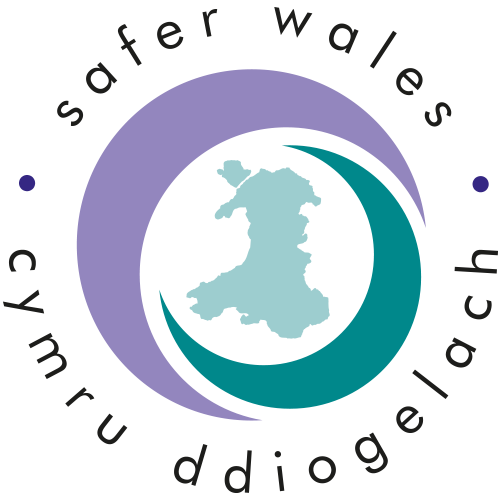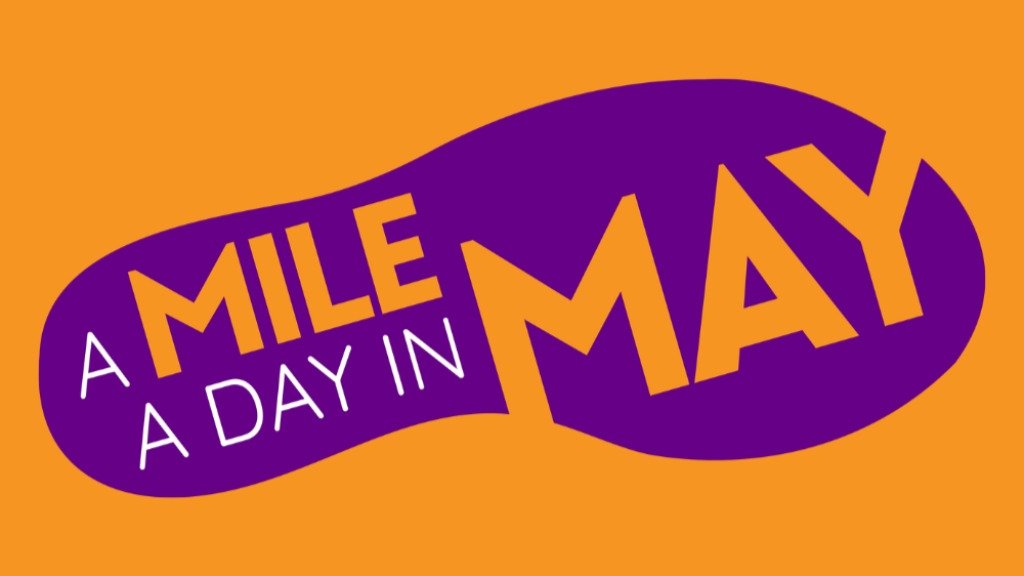For us to help as many people as possible, it is vital that we recruit people who are genuinely passionate about making a difference to the lives of the most marginalised members of our society. Our trustees, paid staff and volunteers come from all walks of life and have many interesting stories to tell, none more so than Rob Keetch. Rob has been a trustee of Safer Wales since early 2019 and has helped us to reach new audiences while also securing vital funds and support. Even before he was a Trustee, Rob supported us by donating Christmas presents for the young people that we work with.
Fresh off the back of Pride Cymru’s Big Virtual Week, we caught up with Rob to talk about everything from his drag alter ego Dr. Bev to the issues facing LGBTQ+ people in Wales today.
Hi Rob, it goes without saying that we’re very glad to have you on board but what made you want to get involved with Safer Wales as a trustee?
I originally came across the organisation at the first ever Pride event in Cardiff in 1999, or Mardi Gras as it was known back then. Mardi Gras fell under the umbrella of Safer Cardiff, which later became Safer Wales. That’s where I met Bernie and the charity has been on my radar since. I was then asked to do a fundraising quiz, which is something we should definitely do again soon, and it went from there. I would only join if I thought that I could make a difference and add something to the great work that Safer Wales does already. I’m now focused on bringing in new trustees and trying to help attract celebrity ambassadors, and I’m very excited to see what the future will bring!
Obviously, things were hugely different this year because of the COVID-19 pandemic but how was Pride for you as a patron?
It certainly was! I’m very pleased with the response and feedback we’ve had so far. For me, one of the most important things with Pride is to strike a balance between protesting and celebrating. We had a wide range of interesting panel discussions, many of which allowed us to raise important issues such as trans rights, mental health and so forth. Because of how well it all went, we’re now planning monthly virtual panels which will allow us to address even more politically relevant LGBTQ+ issues.
Hosting virtual events means that we can actually reach a wider audience, including those who might not attend an in-person event for various reasons. For example, if someone is still in the closet they might not feel comfortable at a traditional Pride event. I’m really glad that the virtual event still helped give a voice to voiceless, while allowing us to celebrate lesser known local acts and protest for LGBTQ+ rights at the same time.
In your opinion, what are the main issues facing the LGBTQ+ community in Wales today?
I would say one of the main issues is the fact that people think that the fight for gay rights is over because we now have equality but that simply isn’t true! The fight for equal rights still continues especially when you consider the challenges LGBTQ+ people face when it comes to adoption and fostering and even giving blood. For example, gay men have to wait three months after having sex before they are can donate, while heterosexual people can donate regardless of when they last had sex. There are also many issues relating to the Gender Reformation Act and the rolling back of trans rights that need to be addressed. The fight definitely isn’t over and a lot more needs to be done before we can truly say that we have reached an even playing field.
What more could allies and society as a whole do to support LGBTQ+ people in Wales today?
Ask questions and never make assumptions! Don’t assume that all gay men are the same and all fit the same caricature and the same goes for lesbians and bisexual people. Biphobia is especially problematic, with some people believing that it doesn’t actually exist. We won’t back away or be offended if we are asked questions to help people get a better understanding of us. It really concerns me that people can’t accept others for just being who they are, whether that’s because of their sexuality, skin colour or whatever it may be. I consider humans to be kind, warm and generous beings and I find it sad when that isn’t the case. This isn’t specific to heterosexual people as it happens within the gay community too, religious LGBTQ+ people are often judged for their faith, for example.
When you aren’t busy with Pride Cymru and fighting for LGBTQ+ rights, what does a typical day look like for you?
It’s hard to say what a typical day is because I’m involved in so many different projects. I stepped down from my day job (as Techniquest’s Retail Manager) in December and thought that I wouldn’t know what to do with myself, but I’ve been so busy since! I was brought up being taught to share my toys and now I share my time instead. I work with various charity organisations including Llamau and Safer Wales, help organise Pride events around the UK and also perform as my alter ego Dr. Bev BallCrusher in my down time. Obviously, the drag side of things has been impacted massively because of the pandemic but I’ve focused on finding new ways to get Bev out there. I’ve been doing YouTube interviews with well-known people such as Faye Tozer from Steps and Hazell Dean and have dabbled with recording podcasts too.









